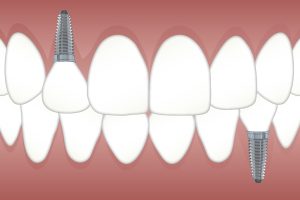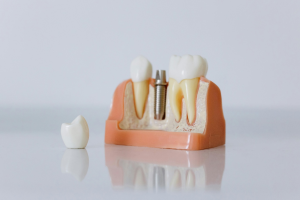
Tooth scaling, also known as dental scaling, is a professional dental cleaning procedure performed by a dentist or dental hygienist. It is a preventive and therapeutic dental procedure designed to remove dental plaque and tartar (calculus) from the teeth and below the gumline. Here’s an overview of the tooth scaling procedure, its benefits, and potential risks:
Procedure:
- Examination:
Before scaling, the Dentist in Lahore or dental hygienist will perform a thorough examination of your teeth and gums. This may involve checking for signs of gum disease, such as inflammation, bleeding, or pockets between the teeth and gums.
- Ultrasonic Scaling:
Ultrasonic scaling instruments use high-frequency vibrations to break down and remove tartar and plaque from the tooth surfaces. Water or a special antibacterial solution is often used to flush away the debris.
- Hand Scaling:
Fine hand instruments, such as scalers and curettes, are used to manually remove remaining tartar and plaque. This process is done carefully to avoid damaging the tooth enamel or causing discomfort.
- Root Planing (if needed):
In cases of gum disease or deeper tartar deposits, root planing may be performed. This involves smoothing the roots of the teeth to help the gums reattach and reduce the risk of further plaque buildup.
- Polishing:
After scaling, the dentist or hygienist may polish the teeth using a rotating rubber cup and a gritty toothpaste. This helps remove surface stains and leaves the teeth smooth.
Benefits:
- Prevention of Gum Disease:
Regular tooth scaling helps prevent and control gum disease by removing plaque and tartar, which are major contributors to gingivitis and periodontitis.
- Improvement of Oral Health:
Scaling contributes to overall oral health by reducing the risk of cavities, gum infections, and bad breath.
- Aesthetic Benefits:
Scaling can improve the appearance of the teeth by removing stains and calculus that may cause discoloration.
- Preservation of Tooth Structure:
Removing tartar helps preserve the integrity of the tooth structure and reduces the risk of tooth decay and loss.
Risks:
While tooth scaling is generally considered a safe and routine procedure, there are minimal risks associated with it:
- Tooth Sensitivity:
Some individuals may experience temporary tooth sensitivity, especially if they have underlying dental conditions or exposed dentin.
- Gum Irritation:
In some cases, the gums may become irritated or bleed during scaling, particularly if there is pre-existing gum disease.
- Discomfort:
Patients may experience mild discomfort or soreness after scaling, but this is usually temporary.
Infection Risk:
In very rare cases, there is a minimal risk of infection if proper infection control protocols are not followed during the procedure.
It’s important to note that the benefits of tooth scaling in preventing gum disease and maintaining oral health far outweigh the potential risks. Regular dental check-ups, including professional cleanings, are essential components of a comprehensive oral care routine. If you have concerns about tooth scaling or experience unusual symptoms after the procedure, it’s advisable to consult with your Dentist in Karachi.





